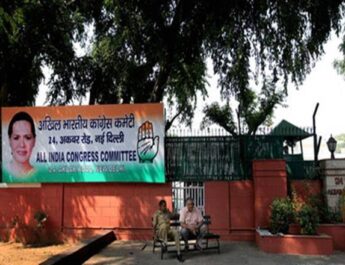From Our Bureau
NEW DELHI: Chief Justice of India N V Ramana on Thursday launched “Fast and Secured Transmission of Electronic Records (FASTER),” a digital platform to communicate interim and stay orders and bail orders of the Apex Court to the concerned authorities throuhgh a secured electronic communication channel for quick communication of the judicial orders.
He stressed the need for the court orders passed by the higher judiciary safely transmitted without tinkering by the third party. The CJI said in the near future, as part of the second phase of the project, the Supreme Court will be able to transmit all the records through this system, dispensing altogether the need to share hard copies.
The online launch of the new software was attended also by Jutices A M Khanwilkar, D Y Chandrachud and Hemant Gupta and the Chief Justices and judges of High Courts.
‘FASTER” evolved after the bench headed by CJI Ramana took suo motu cognizance of delay in the release of convicts even after grant of bail on grounds such as non-receipt or non-verification of the apex court’s orders. In that case, the CJI had observed that “in this modern era of technology, why are we still looking at the skies for pigeons to deliver our orders?”
The ‘FASTER’ system has been developed by the Supreme Court registry in collaboration with the NIC, a court press release said.
To reach all districts across the country through this system, so far 73 Nodal Officers have been nominated at various levels and all of them are connected through a specific judicial communication network (JCN) by creating a secured pathway.
“A total of 1887 e-mail IDs are created for this system across the country. The FASTER cell is established in the Registry of the Supreme Court. It will transmit the record of proceedings or orders relating to bail and release passed by the Apex Court to the concerned Nodal Officers and duty holders through e-mails,” the press release said.
For the purpose of authentication, all such orders and records of proceedings would bear digital signatures of the authorised Nodal Officers of the Supreme Court as well as institutional digital signatures. In this way, without any loss of time such orders would be received by all concerned for necessary action at their end.





